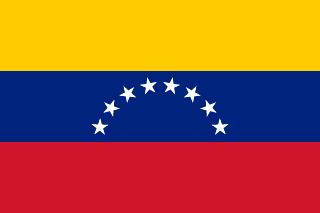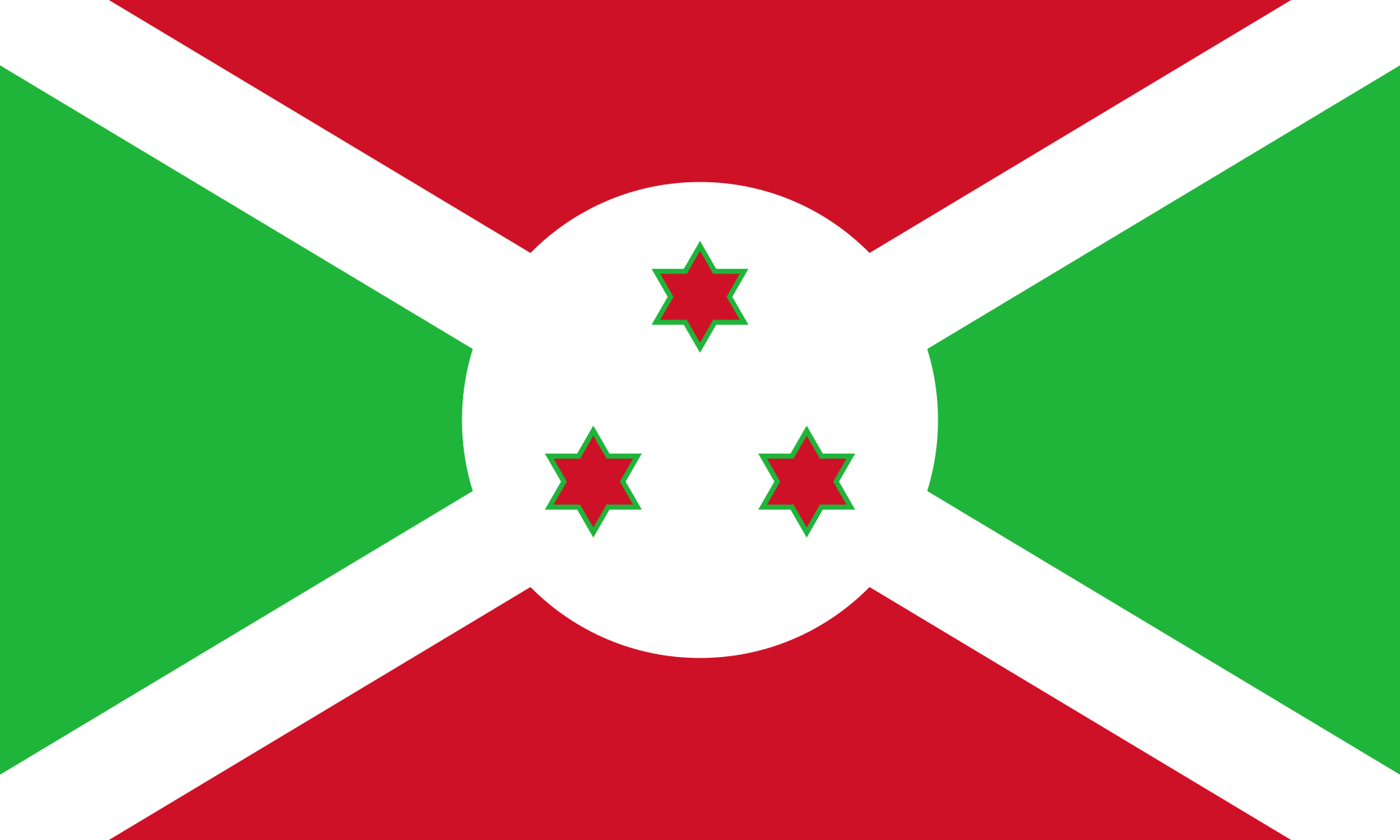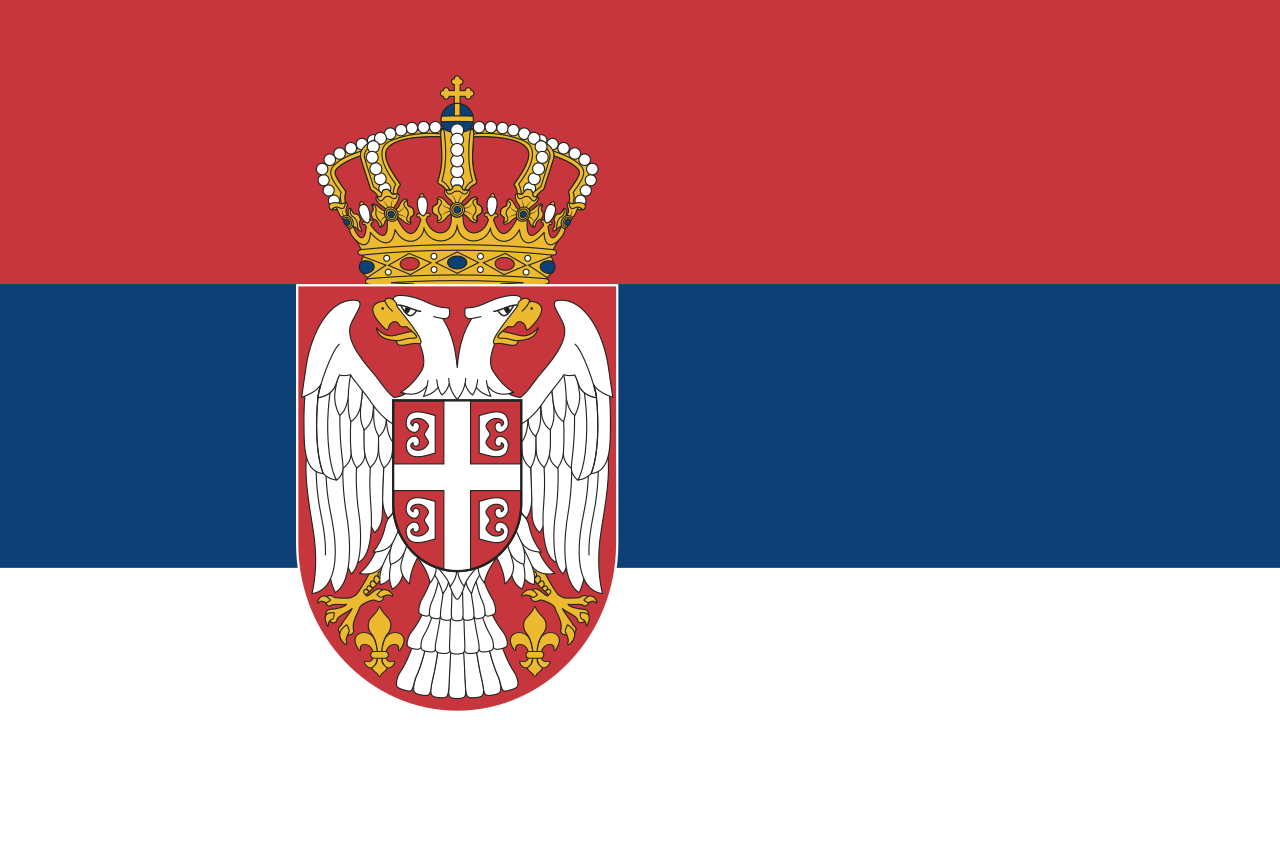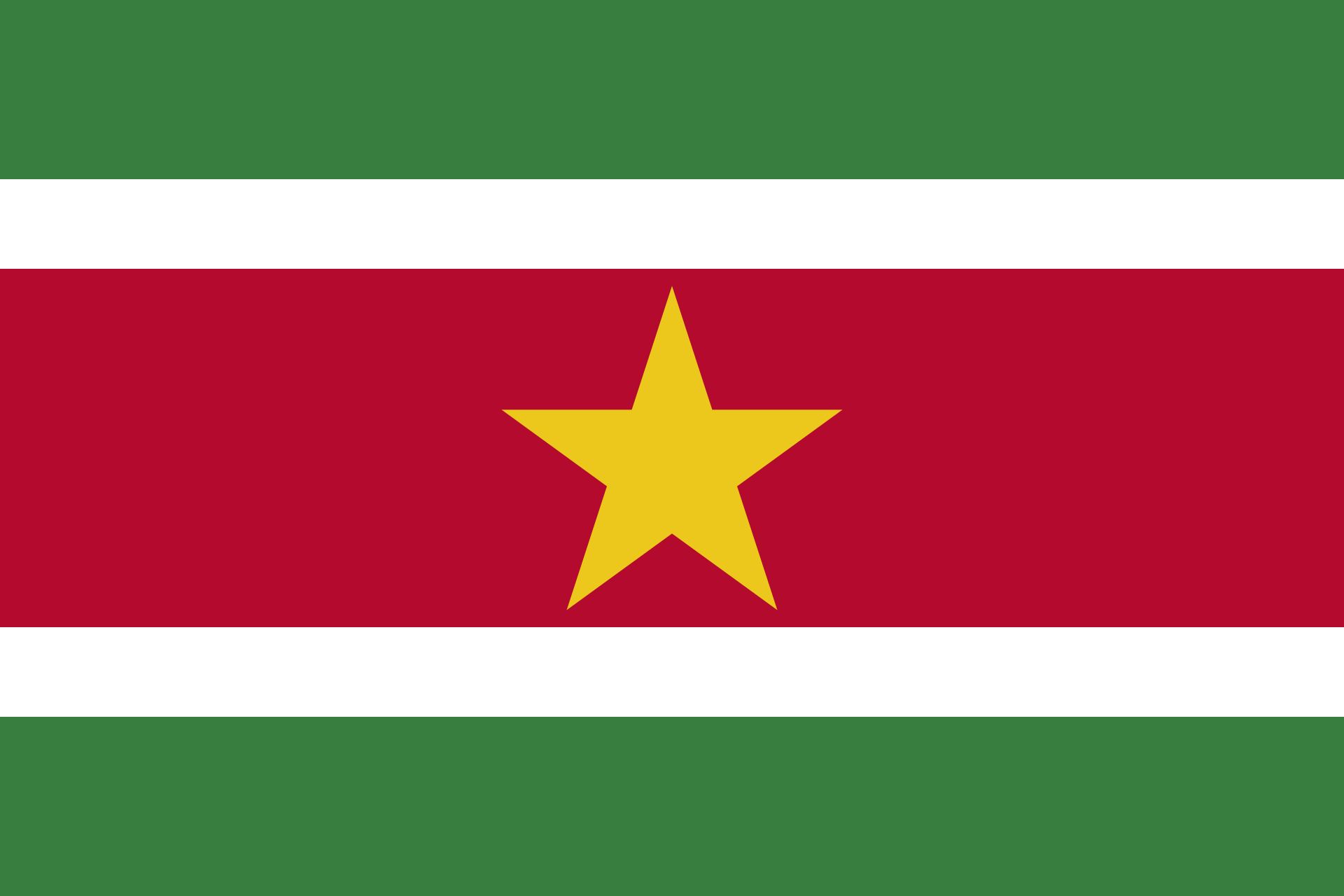Population
29,887,118
Last updated:
1 NovArea
916,445 km2
Last updated:
1 NovCurrency
Bolívar digital (VED)
Last updated:
1 NovOfficial Language
Spanish
Last updated:
1 NovPhone code number
+58
Last updated:
1 NovInternet TLD
.ve
Last updated:
1 NovAverage monthly salary
160 $
Last updated:
1 NovTotal millionaires
1,350 persons
Last updated:
1 NovTotal billionaires
1 persons
Last updated:
1 NovMilitary power
Passport rank
44
Last updated:
1 NovVisa free
129 country
Last updated:
1 NovReligions in Venezuela
91% Christianity
*71% Roman Catholic
*17% Protestant
*3% Other Christian
8% No religion
1% Other
Info about Venezuela (History)
Venezuela is a country on the northern coast of South America, consisting of the continental land area and many islands and islets in the Caribbean Sea. Its territorial length is 916,445 km2 (353,841 sq. Miles), and the population of Venezuela in 2019 was estimated at 28 million. The capital and largest urban agglomeration is the city of Caracas.
The continental territory is washed in the north by the Caribbean Sea and the Atlantic Ocean, in the west by Colombia, Brazil in the south, Trinidad and Tobago in the northeast and in the east by Guyana. The Venezuelan government is suing Guyana against Guayana Esequiba. Venezuela is a federal presidential republic made up of 23 states, a metropolitan area and federal dependent territories covering the coastal islands of Venezuela. Venezuela is one of the most urbanized countries in Latin America; the vast majority of Venezuelans live in cities in the north and in the capital.
The territory of Venezuela was colonized by Spain in 1522 against the backdrop of indigenous resistance. In 1811, it became one of the first Spanish-American territories to declare independence from the Spaniards and became part of the first federal Republic of Colombia (historically known as Gran Colombia). In 1830, it seceded as a fully-fledged sovereign country. In the 19th century, Venezuela suffered from political turmoil and autocracy, remaining under the rule of regional military dictators until the mid-20th century. Since 1958, the country has had a number of democratic governments, except when most of the region was ruled by military dictatorships and the period was characterized by economic prosperity. The economic turmoil of the 1980s and 1990s led to major political crises and widespread social unrest, including the deadly riots in Caracaso in 1989, two coup attempts in 1992, and impeachment of the president for embezzling public funds in 1993. In existing parties, Venezuela's 1998 presidential elections were the catalyst for the Bolivarian Revolution, which began with the 1999 Constituent Assembly, which adopted a new Venezuelan Constitution. The government's populist welfare policies were underpinned by soaring oil prices, temporary increases in social spending, and declining economic inequality and poverty during the early years of the regime. The 2013 Venezuelan presidential election sparked widespread controversy, leading to massive protests that sparked another nationwide crisis that continues to this day.
Venezuela is a developing country ranking 113th in the Human Development Index. It has the world's largest known oil reserves and is one of the world's leading oil exporters. The country used to be an underdeveloped exporter of agricultural commodities such as coffee and cocoa, but oil quickly came to dominate exports and government revenues. The surplus and ineffective policies of the current government led to the collapse of the entire economy of Venezuela. The country is grappling with record hyperinflation, basic commodity shortages, unemployment, poverty, disease, high child mortality, malnutrition, serious crime and corruption. These factors have led to the migrant crisis in Venezuela, which has caused more than three million people to leave the country. By 2017, rating agencies declared Venezuela to default on debt repayment. The crisis in Venezuela has led to a rapid deterioration in the human rights situation, including an increase in abuses such as torture, arbitrary imprisonment, extrajudicial killings and attacks on human rights defenders. Venezuela is a member of the UN, OAS, UNASUR, ALBA, Mercosur, LAIA and OEI.
Important information about Venezuela
1- What is the population of Venezuela?
answer: The total population of Venezuela is 29,887,118 in 2021.
2- Who is the president of Venezuela?
answer: Nicolás Maduro is the current president of Venezuela.
3- What is the area of Venezuela?
answer: The total area of Venezuela is 916,445 km2 .
4- What is the official language of Venezuela?
answer: The official language of Venezuela is Spanish .
5- What is the currency of Venezuela?
answer: The currency of Venezuela is Bolívar digital (VED) .
6- How much is the average salary in Venezuela?
answer: The average salary in Venezuela is 160$ in 2021.
7- What is the passport rank of Venezuela?
answer: The passport rank of Venezuela is 44 in 2021.
8- How many countries we can travel with passport of Venezuela without visa?
answer: You can travel to 129 countries with passport of Venezuela .
9- What is the phone number code of Venezuela?
answer: The phone number code of Venezuela is +58 .
10- What is internet TLD of Venezuela?
answer: The internet TLD of Venezuela is .ve
11- How many billionaires are in Venezuela?
answer: The total number of billionaires in Venezuela is " 1 person" in 2021.
12- How many millionaires are in Venezuela?
answer: The total number of millionaires in Venezuela is " 1,350 person" in 2021.





